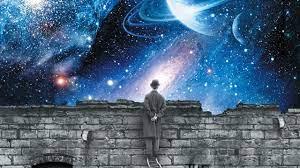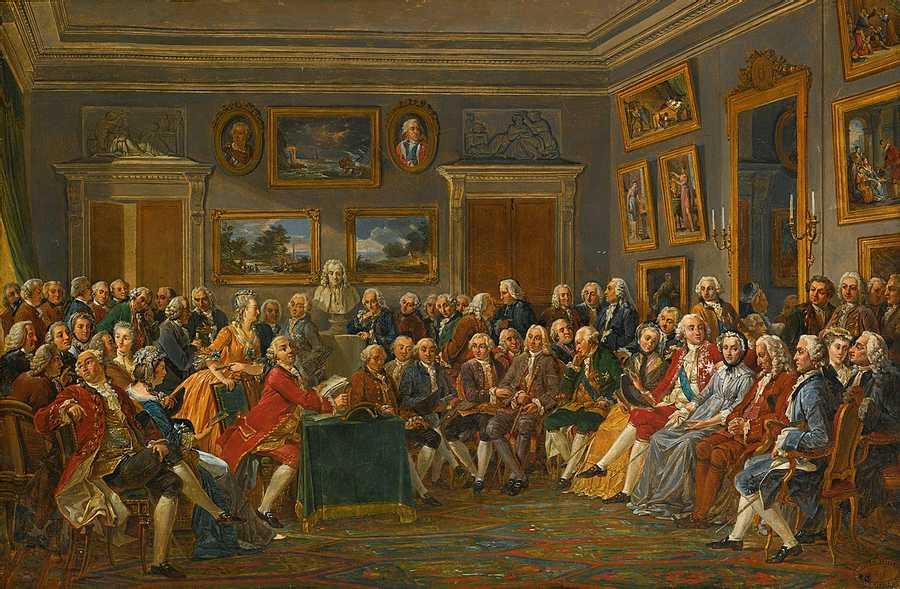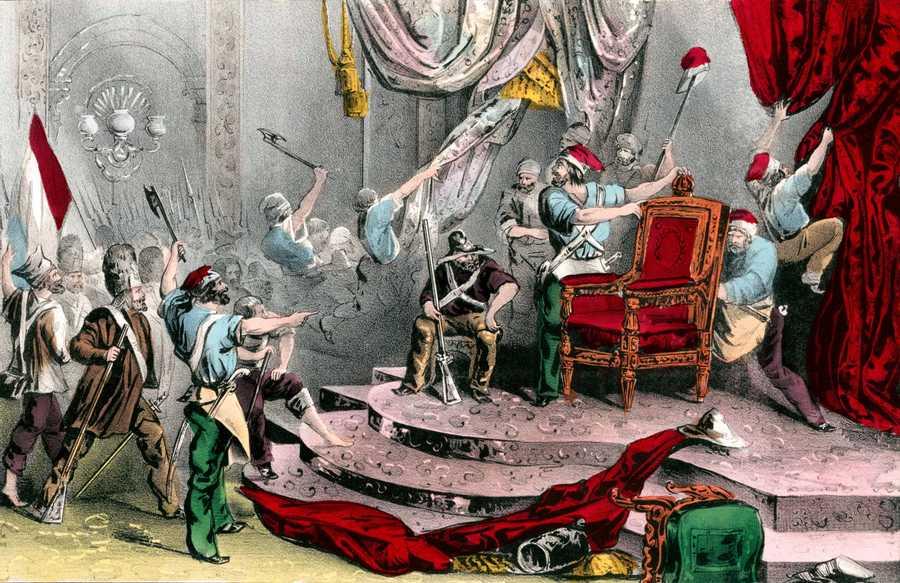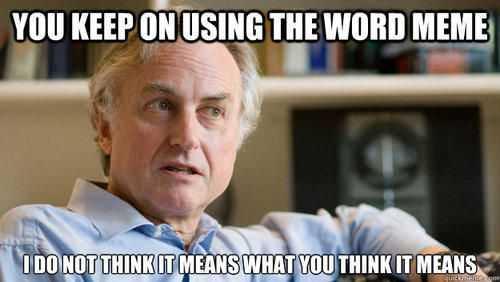Vladimir Oane's Key Ideas from The Beginning of Infinity
by David Deutsch
Ideas, facts & insights covering these topics:
10 ideas
·33.5K reads
193
7
Explore the World's Best Ideas
Join today and uncover 100+ curated journeys from 50+ topics. Unlock access to our mobile app with extensive features.
The Beginning of Infinity
Is the possibility of the unlimited growth of knowledge in the future.
David Deutsch, a renouned phisicist, postulates that Knowledge consists of explanations (assertions about what is out there beyond the appearances). For most of the history , we had almost no success in creating such knowledge.
Deutsch’s worldview is that reality is comprehensible. Problems are solvable. Progress is inevitable as long as we have good explanations.
619
7.32K reads
False Ways to Get Knowledge
- Empiricism: said that we derive it from sensory experience. False, We interpret experiences through explanatory theories, but true explanations are not obvious. We create new explanations through conjecture. One cannot derive predictions from experience, one certainly cannot derive explanations.
- Inductivism the theory that the present resembles the past, ‘the unseen resembles the seen’ and so on. But that's also false.
- Authority: religions, kings etc. Who-ever is in power can decide what truth is.
All of these are intitively right, and some even sound scientific. But they are not.
625
4.81K reads
Real Knowledge = conjecture + criticism
There is only one way of making progress: conjecture (guesses) and criticism. We create theories by rearranging, combining, altering and adding to existing ideas with the intention of improving upon them. The role of experiment and observation is to choose between existing theories, not to be the source of new ones.
Experience is indeed essential to science, but it's not the source from which theories are derived. Its main use is to choose between theories that have already been guessed.
630
3.78K reads
The role of Enlightenment
Enlightenment represents a way of pursuing knowledge with a tradition of criticism and seeking good explanations instead of reliance on authority. Enlightenment's quintessential idea is that progress is both desirable and attainable.
The Enlightenment was a revolution in how people sought knowledge: by trying not to rely on authority. Mainly Religion. That is the context in which empiricism – purporting to rely solely on the senses for knowledge – played such a salutary historical role, despite being fundamentally false and even authoritative in its conception of how science works.
584
2.91K reads
The role of Science
Science is not about prediction. But explanations. Predictions are used to validate new explanations.
- Knowledge that is both familiar and uncontroversial is background knowledge.
- A predictive theory whose explanatory content consists only of background knowledge is a rule of thumb. Because we usually take background knowledge for granted, rules of thumb may seem to be explanation-less predictions, but that is always an illusion.
578
2.72K reads
Problems are conflicts ...
Problems are conflicts between explanations or theories. Expectations are theories too.
Solving a problem means creating an explanation that does not have the conflict.
Since theories can contradict each other, but there are no contradictions in reality, every problem signals that our knowledge must be flawed or inadequate.
592
2.66K reads
Continental vs British Enlightenment
2 interpretations of human progress inspired 2 broad branches of the Enlightenment:
- The Continental Enlightenment understood that problems are soluble but not that they are inevitable
- The British Enlightenment understood both equally.
The Continental type was impatient for the perfected state – which led to intellectual dogmatism, political violence & tyranny - The French Revolution & the Reign of Terror are the archetypal examples.
The British one, which was evolutionary & cognizant of human fallibility, was impatient for institutions that did not stifle gradual, continuing change.
566
2.04K reads
Memes
Are ideas that replicate.
The world’s major cultures – including nations, languages, philosophical and artistic movements, social traditions and religions – have been created incrementally over hundreds or even thousands of years. Most of the ideas that define them, including the inexplicit ones, have a long history of being passed from one person to another. That makes these ideas memes – ideas that are replicators.
578
2.29K reads
Culture
A culture is a set of ideas that cause their holders to behave alike in some ways. By ‘ideas’ I mean any information that can be stored in people’s brains and can affect their behaviour.
585
2.17K reads
We want true explanations. So we seek explanations that remain robust when we test them against those flickers and shadows, and against each other, and against criteria of logic and reasonableness and everything else we can think of. And when we can change them no more, we have understood some objective truth. And, as if that were not enough, what we understand we then control. It is like magic, only real. We are like gods!
DAVID DEUTSCH
588
2.82K reads
IDEAS CURATED BY
Life-long learner. Passionate about leadership, entrepreneurship, philosophy, Buddhism & SF. Founder @deepstash.
Curious about different takes? Check out our The Beginning of Infinity Summary book page to explore multiple unique summaries written by Deepstash users.
Vladimir Oane's ideas are part of this journey:
Learn more about philosophy with this collection
Proper running form
Tips for staying motivated
Importance of rest and recovery
Related collections
Different Perspectives Curated by Others from The Beginning of Infinity
Curious about different takes? Check out our book page to explore multiple unique summaries written by Deepstash curators:
2 ideas
Discover Key Ideas from Books on Similar Topics
4 ideas
50 Quantum Physics Ideas You Really Need to Know
Joanne Baker
7 ideas
Epistemology and Probability
Arkady Plotnitsky
8 ideas
Cosmos
Carl Sagan
Read & Learn
20x Faster
without
deepstash
with
deepstash
with
deepstash
Personalized microlearning
—
100+ Learning Journeys
—
Access to 200,000+ ideas
—
Access to the mobile app
—
Unlimited idea saving
—
—
Unlimited history
—
—
Unlimited listening to ideas
—
—
Downloading & offline access
—
—
Supercharge your mind with one idea per day
Enter your email and spend 1 minute every day to learn something new.
I agree to receive email updates







